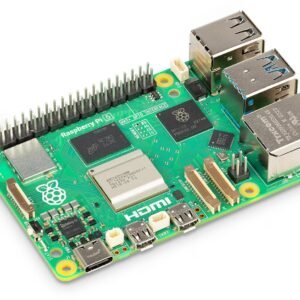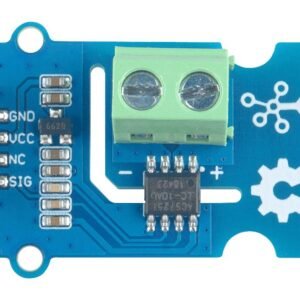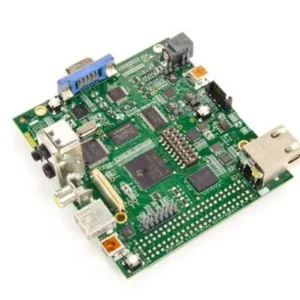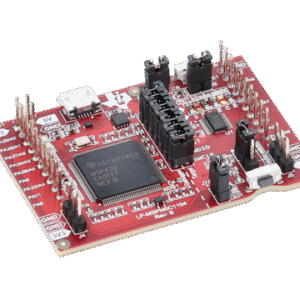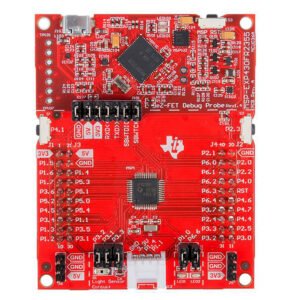Evaluation Boards
Showing all 6 results
- PWM-managed thermals – Temperature-controlled fan plus adhesive heatsink sustain performance under continuous load.
- Tool-free access – Snap-fit assembly, removable lid, and a tidy breakout slot for cables and GPIO make rapid iteration easy.
- Expansion ready – Stackable mounting and HAT-on-case support (with standoffs and header extender) streamline clusters and add-on boards.
- Breakthrough Compute & Graphics — 2.4 GHz quad-core Cortex-A76 with VideoCore VII (OpenGL ES 3.1 / Vulkan 1.2) drives dual 4Kp60 displays and smooth desktop/multimedia performance with ~2–3× CPU uplift vs. Pi 4.
- Next-Gen I/O with RP1 — Doubled per-port USB 3.0 (5 Gbps), dual 4-lane MIPI for dual cameras/displays, faster microSD SDR104, plus PCIe 2.0 x1 (via M.2 HAT) for NVMe SSD expansion.
- Deployment-Ready Design — On-board power button + PMIC, RTC header, USB-C PD (27 W recommended), Gigabit Ethernet with PoE+ HAT option, and a rich ecosystem (premium case with fan, Active Cooler, M.2/PoE+ HATs).
- 10 A DC made easy – Drop-in Grove module with ≈264 mV/A scale; read with any ADC.
- Low loss, high fidelity – ~1.2 mΩ primary path and differential Hall architecture for low error and minimal heating.
- Tune your noise – 120 kHz default bandwidth; add a capacitor on FILTER to boost resolution when needed.
-
Low cost, high utility – A dense mix of audio, video, Ethernet, USB, UART, and storage on one compact board dramatically reduces accessory sprawl during prototyping.
-
Software-ready out of the box – Processor SDK RTOS and CCS examples shorten bring-up; you get working I/O and reference projects on day one.
-
Open hardware collateral – Public schematics, PCB, and BOM accelerate custom board spin-ups and de-risk power, clocking, and layout choices.
- All-in-one USB — single cable for power, flashing, debug, and backchannel UART.
- Instant I/O — built-in red LED and user button for immediate bring-up and demos.
- BoosterPack-ready — standard 20-pin headers to snap in sensors, radios, and displays fast.
- FRAM Memory: 32KB nonvolatile storage with 10^15 write cycles and 100ns write speed.
- Ultra-Low-Power Modes: Measure down to µA with 32.768kHz crystal for LPM sleep states.
- BoosterPack™ Ready: 40-pin headers support 100+ plug-in modules (wireless, displays, etc.).
- Integrated Debugging: eZ-FET probe enables programming + EnergyTrace power profiling.
- Sensor Hub: Includes ambient light sensor + Grove connector (P1.1/P1.4) for Seeed Studio modules.

